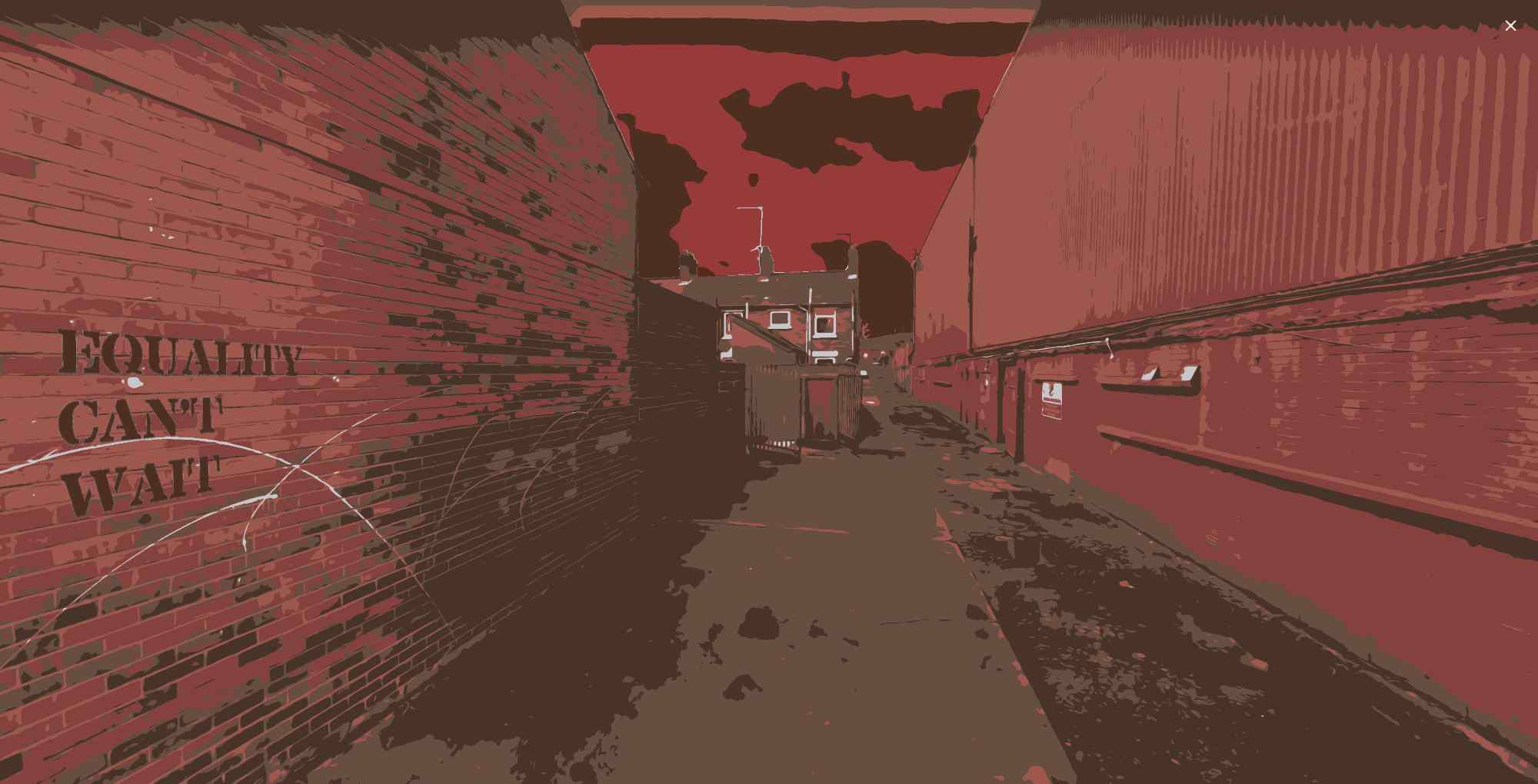
Policy Watch
An eye on policy changes in Ireland, the UK and beyond
Food Insecurity | Deprivation and Health | Period Poverty in NI
Food Insecurity
The Trussell Trust published its updated State of Hunger in the UK report, based on information from 43 foodbanks around the UK (including one in NI). It revealed that even pre-pandemic, food insecurity in the UK was on the rise, affecting an estimated one in ten households in 2018. In 2019/20, the number of households using Trussell Trust foodbanks rose by more than a quarter, to 370,000. These included 320,000 children, a rise of 50% on the previous year’s total. The Trust called for changes to benefit payments, to make them “sufficient, accessible and responsive”; long-term funding for local welfare assistance programmes; and a cross-cutting national plan to combat food insecurity, informed by people with lived experience.
Deprivation and Health
Survey data from the British Red Cross showed that 76% of people surveyed felt the UK needs to address underlying inequalities laid bare by Covid-19 that are impacting people’s ability to copy and recover from crisis. Other results included that 75% of people were concerned about a future global health emergency, and 61% felt climate change would impact on their lives. The organisation called for gaps in social and health care to be eliminated and for freedom from destitution for everyone.
A study into the impact of deprivation on child mortality, funded by NHS England, found a clear association between the two for all causes of death but cancer. Researchers estimated that close to 700 deaths could be prevented each year by steps to reduce deprivation, and called for an urgent government measures against child poverty like “greater investment in children’s benefits, tackling low pay, and addressing high costs such as rent and childcare”.
The World Health Organisation-commissioned Independent Panel for Pandemic Preparedness and Response presented its findings, highlighting “failures and gaps in international and national responses” to Covid-19 and recommending an over-arching pandemic preparedness and response system to prevent the same in future. Specifically on vaccines, the panel called on high-income countries with a vaccine pipeline, like the UK, to “commit to provide to the 92 low and middle income countries of the Gavi COVAX Advance Market Commitment, at least one billion vaccine doses no later than 1 September 2021 and more than two billion doses by mid-2022”.
Period Poverty in NI
The Department for the Economy announced a pilot project from September 2021 to provide period products free of charge during the academic year for students attending Ulster University, Queen’s University Belfast, Stranmillis University College and St Mary’s University College. It said free period products are already provided in the majority of campuses across Northern Ireland’s six further education colleges.
